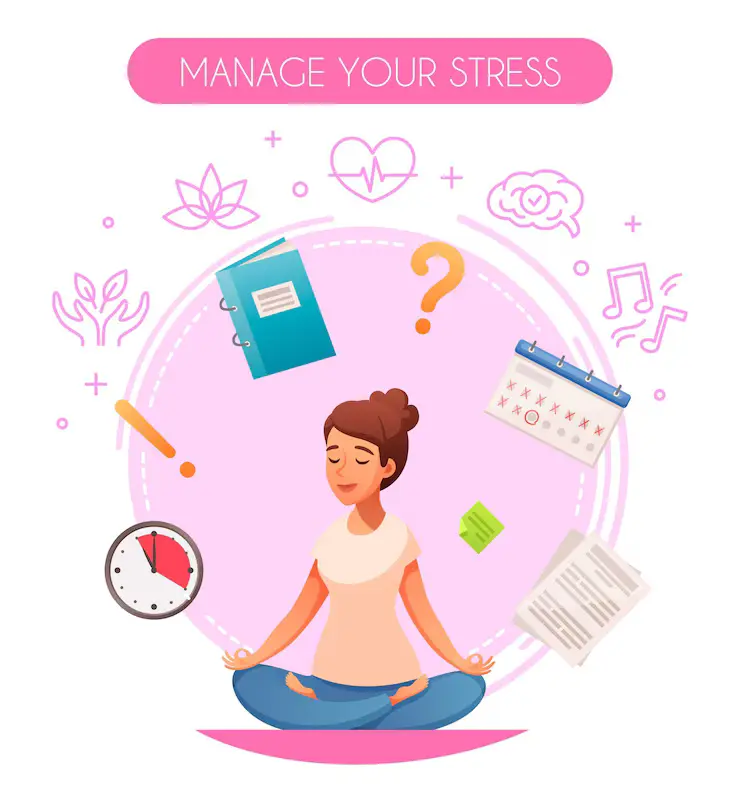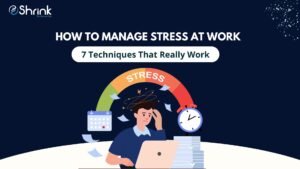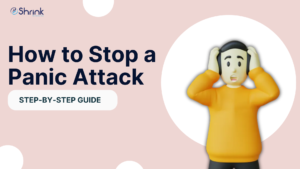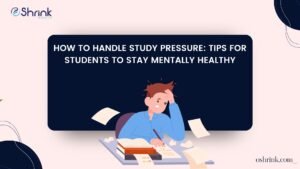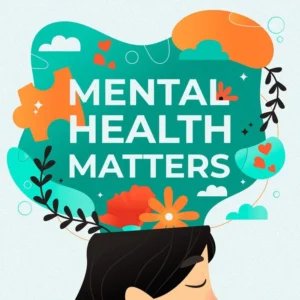We bring tons of tress with through our busy lives. Responsibilities at work, responsibilities with family and just the everyday tasks are enough to make all of us tired and also difficult to manage stress. The answer is simple, but is also needs mindfulness.
Stress management does not have to be difficult. The unguided way to manage stress is Mindfulness, which you can literally do anywhere by being in the present and without judging anything and it is a great stress reliever.
Ready to manage stress? Here we will talk about easy and effective excercises to practice mindfulness. These are just not plays of magic but are only living in the moment excercises that have great impact. So, given below are some of these exercises that will help in managing stress:
1. Deep Breathing: Your Ultimate Portable Stress Reliever
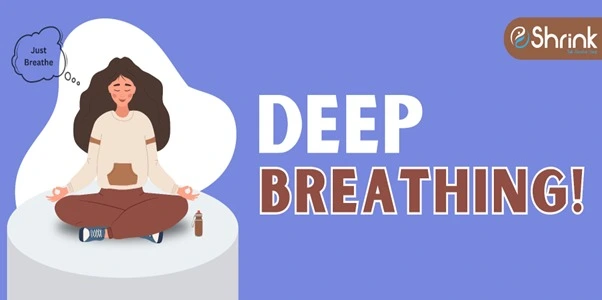
Stressed? Take a deep breath! A short vacation for your body and body. Breathing exercise literally a stress reliever that can be done anytime and anywhere.
Breathe deeply and slowly for the next few moments. Let your belly swell up and drop again, as you start to breathe. Let go of past concerns and future problems. Just focus on this moment. These inhaling and exhaling will help you in quitting the noise ringing loudly.
Deep breathing exercise is good for stress management. It is an easy practice that can be done anywhere to give you a sense of calm. Take a few deep breaths and start realizing that stress is just another part of life, but from now on you can breathe it away by doing proper and effective exercises and also by practicing mindfulness.
Breathe deeply and slowly every day. The more you practice this kind of deep breathing exercise consistently, the better it will help you to manage stress. Think of a place where you are calm and feel peaceful. Close your eyes and enjoy the great feeling to relax with every breathe you take. It is simple and effective, so do this for yourself.
2. Body Scan Meditation: A Relaxing Journey Within to Manage Stress
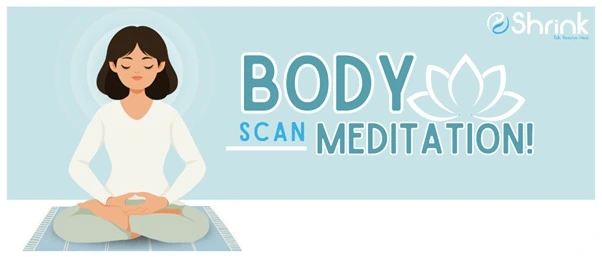
Do you know the meaning of meditation? So, meditation is a mental workout. It helps tp learn how to calm down that brain and get the peace back. One such practice of meditation is Body Scan Meditation that is suitable for anyone who does not practice any kind of meditation techniques in his or her life.
Take a serenity walk into your body. This is not about religion such as meditation spirituality, rather it is matter of attention to being with yourself and what you feel. Here’s how to do it:
a. Get comfortable and settle in. You can sit in a chair or lie down, whichever position resonates with you and manage stress by practicing mindfulness.
b. Close your eyes and relax for a minute. Focus on your toes, do they get tight, warm or tingly? Maybe nothing at all? That’s okay, just notice.
c. Move your attention slowly to your upper body. Then slowly climb stairs and start at the bottom by concentrating on your feet and then up to calves etc. Feel any of the sensations in each part with no judgement.
Close your eyes and slowly breathe when you are overwhelmed and uncomfortable. If you are feeling awkward or stressed, imagine that someone is giving you a warm hug. It can help you feel better.
There are various of benefits of meditation and this easy practice can give great calmness to your body, releases tension and helps you feel completely relaxed. No musical meditation can give you this kind of relief as compared to body scan meditation.
3. Transform Your Walk into a Blissful Mindful Adventure
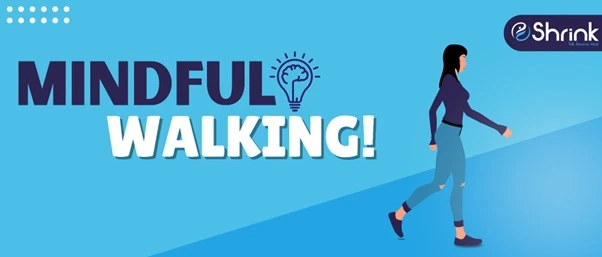
Walking is a good form of excercise, but what about the other benefits of walking that have nothing to do with physical health? When you are walking midfully, it’s not simply about moving from point A to point B but a quick and simple method of staying mindful.
So, do you know the real meaning of mindfulness? It trains your brain to focus on the present without judging. Anything can be done midfully, even your everyday walks! It is what you would call walking minfully.
Instead of just walking through them on autopilot as you always do, slow it down and take in the information then press your feet into ground, listen to each breath and observe body movement. Look around you, listen to what is happing and inhale. Just like putting your “super-senses” cap, turns even the most familiar walk into an amazing adventure!
Mindful Walking is also super easy! You do not need any fancy things or classes, just a willingness to be more present. This makes you walk quite meditative for both mental and physical well-being. So, the next time you go for a walk or headed out in nature be fully present and see how much enjoyable it can be!
4. Savor Every Bite: Discover the Joy and Serenity of Mindful Eating

Leave the bland eating healthy plans and weight loss diets. Intuitive Eating is a totally different approach to the way we think about food. Enjoying a meal means taking to savour it with all your senses, and eat more mindfully.
When was the last time you ate to taste? If you slow down, chew every bite completely and really process how it tastes with all different flavours in your mouth that is mindful eating. This benefit is that this not only makes meal time more pleasurable but can also contribute to better digestion and fuller presence in the now.
We confuse it eating fancy deliciuos meals, but mindful eating can be applied to anything you eat from a snack to an actual meals. It comes down to listening to your body and savouring each mouthful. Eating this way will help you build healthy eating habits. Turn off the noise, pace yourself and savour your food with a clear state of mind.
5. Unlock Stress Relief: Be a Super Listener to Manage Stress and Master Your Calm
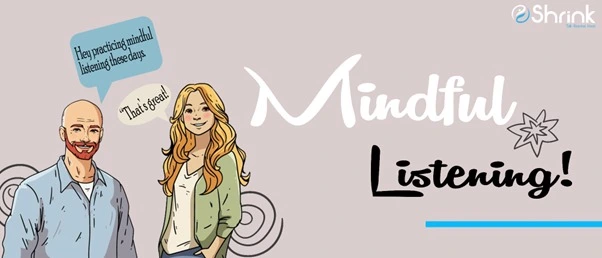
Having difficulty to listen others? Cue mindful listening! It is a key to being a super listener for effective communication.
No more fancy listening skills or waiting for your turn to speak. Listening midfully is about being completely attentive to the sounds you hear, free from judgement. Whether it is birds’ chirping, the sound of traffic or sounds like rustling leaves; all those things can help you to find peace and calm.
Listening mindfully can calm, helps to think positive, manage stress and hear different noises whatever they might be. It feels like a superpower that keeps you in the moment. This will also lead you to become and active listener in conversation as you would be more focused on what the other person is saying and also help you to manage stress effectively.
The next time you notice your mind feel resistance in the brain when waiting to speak then pause and listen mindfully as this might affect your communication skills. So, sometimes it is better to be a good listener and practice mindful listening instead of saying anything and you can manage stress effeciently.
6. Harness the Power of Gratitude Practice: Cultivate Joy and Manage Stress Effeciently

Feeling scared by stress? So, let us talk about gratitude, how it can change your perspective of life or help in keeping you positive and manage stress when things get tough. What is gratitude? It is the appreciation for the good things in life no matter how small or big they seem.
Gratitude is not shown just by saying “thank you”. It is like showing happiness and respect in front of others. Also various studies recommend that a daily gratitude practice can greatly enhance your mental health and assist you to manage stress.
Consider allowing yourself to reflect on what you are grateful for each day. Anything that puts smile on your face, such as an encouraging friend or delicious snack, even simple things as beautful sunset. A good way to start practicing gratitude is by creating a gratitude journal.
When you take time to express gratitude, it works as a powerful booster in oneself and helps in enhancing your psychological well-being. That makes it a brain happy, manage stress and increase positive vibes.
Mindfulness – Your Everyday Toolkit to Manage Stress
Feeling stressed? You are not alone. The thing is that, you do always need to live under stress. Here, mindfulness techniques provide a beautiful and convenient wat to beat your stress and live calm.
Incorporate techniques such as deep breathing, body scan meditation, mindful walking and eating as well as gratitude practice in your day-to-day life. If you can set aside one minute to breathe and experience the present, it can be a gamechanger that helps redirect your attention toward things more positive, which therefore enriches your quality of life as well as harmony from stress and anxiety.
So, why not give mindfulness a try? You might be surprised at how these practices can help you to be powerful to manage stress and live a more mindful and joyful life. Remember, mindfulness is not just about achieving perfection, it is mainly about learning and growing awareness and taking care of yourself. Start small, be patient and enjoy the journey towards a calmer and make yourself stress-free.

